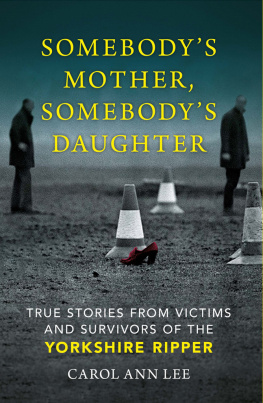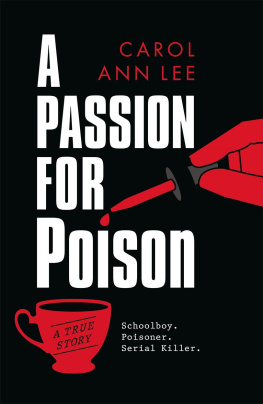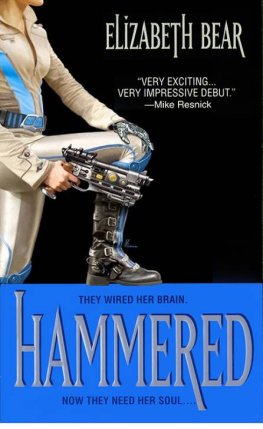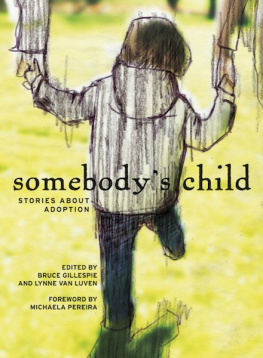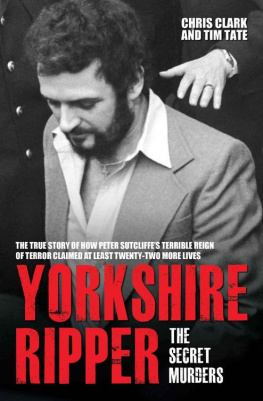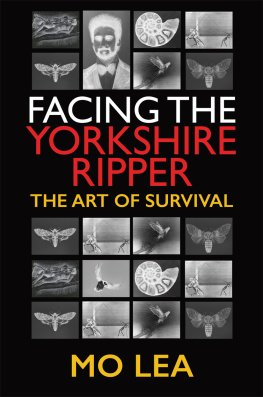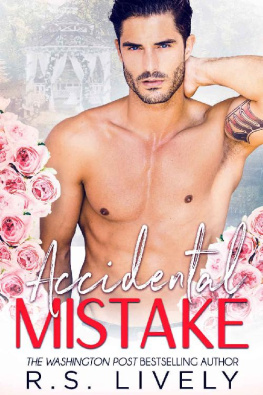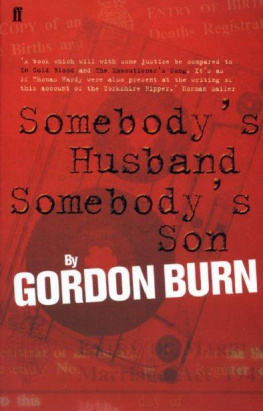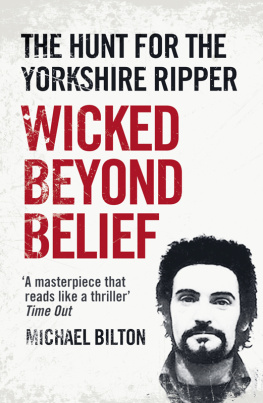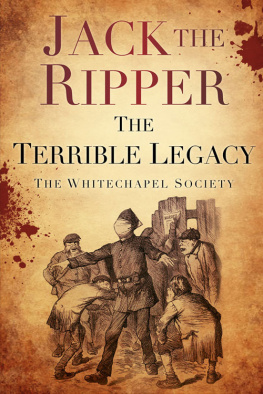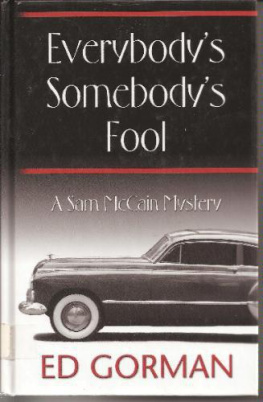PRAISE FOR CAROL ANN LEE
Roses From The Earth: The Biography of Anne Frank
Excellent... serious, sensitive and scrupulous.
Sunday Telegraph
Vivid and shattering. A work of real sympathy and imagination.
Mail on Sunday
The Hidden Life of Otto Frank
A tour-de-force of history and humanity.
Readers Digest
Significant and fascinating.
Financial Times
Lee builds up a memorable portrait of a man struggling out of the valley of death.
Guardian
One of Your Own: The Life and Death of Myra Hindley
A compelling read.
Independent
Scrupulously unsensational and as good a biography of Hindley as well get.
The Sunday Times
Intelligent and impressively fair-minded.
The Scotsman
Ruth Ellis: A Fine Day for a Hanging
A forensically researched book that casts a haunting new light on the last woman to be hanged in Britain.
Daily Mail
Worthy of Truman Capote... the finest account of awaiting execution that I have ever read.
Laurence Marks (Screenwriter)
About the Author
Carol Ann Lee was born in Wakefield, Yorkshire in 1969 and graduated from Manchester Metropolitan University. Three years later, her first book, Roses from the Earth: The Biography of Anne Frank, was published to great acclaim and has been published in fifteen countries to date. She went on to write several more bestselling books, six of which, including Somebodys Mother, Somebodys Daughter, have been optioned for television and film.
First published in Great Britain in 2019 by
Michael OMara Books Limited
9 Lion Yard
Tremadoc Road
London SW4 7NQ
Copyright Carol Ann Lee 2019
All rights reserved. You may not copy, store, distribute, transmit, reproduce or otherwise make available this publication (or any part of it) in any form, or by any means (electronic, digital, optical, mechanical, photocopying, recording or otherwise), without the prior written permission of the publisher. Any person who does any unauthorized act in relation to this publication may be liable to criminal prosecution and civil claims for damages.
A CIP catalogue record for this book is available from the British Library.
ISBN: 978-1-78929-039-4 in hardback print format
ISBN: 978-1-78929-130-8 in trade paperback print format
ISBN: 978-1-78243-925-7 in ebook format
ISBN: 978-1-78929-105-6 in audiobook format
Every reasonable effort has been made to acknowledge all copyright holders. Any errors or omissions that may have occurred are inadvertent, and anyone with any copyright queries is invited to write to the publisher, so that full acknowledgement may be included in subsequent editions of the work.
www.mombooks.com
Perhaps its easier to see it as just another story, if you dont belong to the group of people the Ripper wanted to kill?
Una, Becoming Unbecoming (2016)
I was an eighteen-year-old cub reporter when Peter Sutcliffe began his reign of terror and it was a reign of terror. For five years, life for women in the north of England stopped. No woman went out alone after dark and we looked for the Ripper in every shadow, in every dark corner. But during those five years I learned all I needed to know about how not to treat women. Victims were divided into innocent and not innocent. All the detectives and most of the reporters were men, yet it was the ultimate crime against women. No real support was offered to family and survivors and a wild goose chase for a man with a North-East accent allowed Sutcliffe to go undetected for so long.
And yet, there was a strength among women which grew into a movement that was to change all of us for ever. The Reclaim the Night campaign demanded an end to the suggested curfew on women when it was a man committing that most heinous of crimes. Female detectives no longer accepted their roles as coffee makers and filing clerks. And above all, the determination of those who survived and the families of those who didnt shone through as they demanded that the killer be brought to justice.
Now, almost four decades later, it is time to tell their stories. Too often Sutcliffe, who to this day revels in his notoriety, has been at the forefront of the headlines. Now it is time to remember and honour the women thirteen murdered and seven who lived with life-changing injuries who were all too often simply a list of names and photographs. Their stories, their dreams, and their lives are what should be remembered. And those they left behind.
Those five years taught me everything I needed to know as a journalist: never to judge, always to listen, and that all human life is sacred. I remember when Home Secretary Willie Whitelaw declared Sutcliffe would never be eligible for parole, Olive Smelt, who had been left for dead by the killer, looked at me and said: Its done, its over. Never should his name be mentioned again.
I commend this book to you as one step to try and redress the balance.
Christa Ackroyd
Many people helped in the research and writing of this book. I would first of all like to thank those who spoke to me but have asked not to be named. Survivors referred to the stigma of the attacks, inflicted by the way police and press dealt with the case, and this continues to be felt by many of those most affected by Sutcliffes crimes. One victims relative felt unable to tell her children about the circumstances of their grandmothers death because of it, while another spoke on condition of strict anonymity, fearful of upsetting her mother, who had been orphaned at Sutcliffes hands and kept silent ever since about it.
I am particularly grateful to Debra Sacks for talking to me about her sister Jayne MacDonald; to Geoff Beattie, for discussing his mother Irene Richardson; to Richard McCann for speaking to me about his mother Wilma McCann and sister Sonia; and to Mo Lea, a courageous woman who has used her considerable artistic skills to explore the attack she survived in 1980. I also thank journalist Christa Ackroyd, who interviewed most of those connected to this case over the years; her knowledge, compassion and integrity are inspirational. Im grateful to Denise Cavanagh too, for discussing her experiences as a young policewoman, and to David Hinchliffe, for his insights into social work during the 1970s.
The staff of several archives were extremely helpful in finding source material and I would especially like to thank everyone at Leeds Central Library, Manchester Central Library, Sheffield City Archives, and the National Archives.
I must also thank Radio Times journalist Alison Graham and writers Nicola Upson and Mandy Morton for an intelligent and thought-provoking discussion regarding women and crime during the 2017 Felixstowe Book Festival. Many thanks too to Richard C. Cobb, whose forthcoming book On the Trail of the Yorkshire Ripper will be an insightful read.
I couldnt be more grateful to my brilliant literary agent, Robert Smith, for placing this book with the fantastic team at Michael OMara; I thank everyone there for their expertise, and especially my editor Gabriella Nemeth, whose patience and kindness are endless!
The original idea for this book came about years ago, when I read Joan Smiths searing chapter on the Yorkshire Ripper case in
Next page
